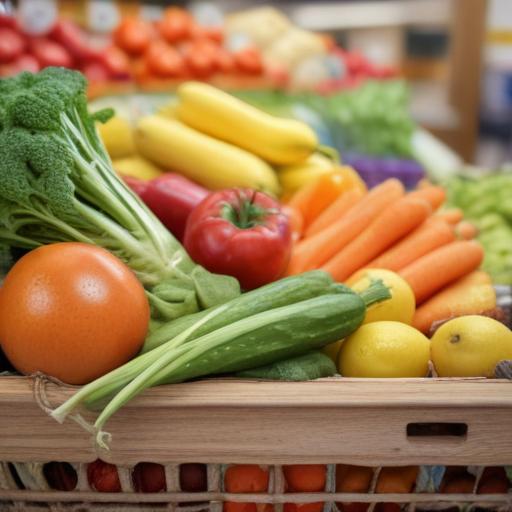DES MOINES, Iowa – New restrictions recently approved by the USDA are set to alter what items can be purchased with SNAP benefits in Iowa starting next year. Governor Kim Reynolds requested these changes in an effort to combat high obesity rates and to promote healthier eating. As part of these new guidelines, recipients will be limited to purchasing items that are not subject to state sales tax.
While proponents of the changes argue they are aimed at encouraging healthier dietary choices, the reality is that some unhealthy foods, including chips and ice cream, will still be available for purchase. In contrast, items like soda and candy will be prohibited. Some healthy products, such as specific granola bars and fruit strips, will also be banned under the new rules, raising concerns over the criteria used for these dietary restrictions.
Luke Elzinga from the Iowa Hunger Coalition emphasizes that the state needs to provide sufficient education to SNAP recipients about the new rules to minimize confusion at checkout. He also expressed worries that the restrictions may further stigmatize those utilizing SNAP benefits, potentially causing individuals to feel uncomfortable while shopping.
Iowa is not alone in implementing such changes; Nebraska has already enacted similar restrictions, and more Republican-led states are contemplating taking similar actions. Recently, U.S. Department of Health and Human Services Secretary Robert F. Kennedy Jr. indicated the government is facilitating efforts to limit SNAP purchases of sodas and candies as states submit waiver requests.
Elzinga argues that instead of applying restrictions, lawmakers should be focusing on solutions that make healthy food more affordable for SNAP recipients. He suggested investing in initiatives like the “Double Up Food Bucks” program, which incentivizes the purchase of locally grown fruits and vegetables. While the Iowa House allocated $1 million for this program, it was not taken up by the Senate.
This ongoing discussion emphasizes the need for strategic approaches that genuinely improve access to healthy foods for low-income households, rather than imposing regulations that could make grocery shopping more complicated and stigmatizing.
Overall, the changes prompt a necessary dialogue about how best to support public health while also respecting the choices and dignity of those reliant on assistance programs.
